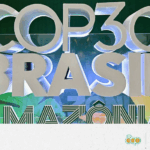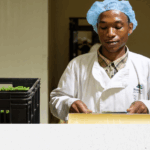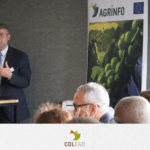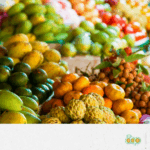COLEAD’s NExT Kenya programme is bearing fruit
- 07/06/2023
- Posted by: Sandra Borma
- Category: Corp EN, Kenya, News
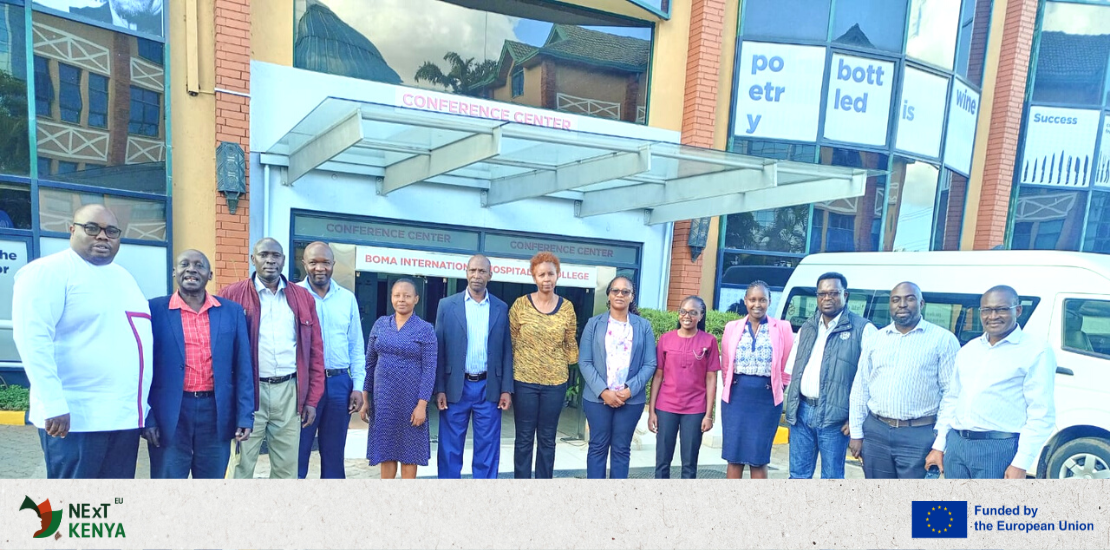
In a series of recent activities and events, COLEAD’s NExT Kenya programme has focused on enhancing Kenya’s bean and pea sector, resolving commercial disputes, providing training on industry standards, conducting energy assessments, and improving communication between stakeholders. These initiatives are expected to foster sustainable growth and enable Kenya to regain its position as a leading exporter in the sector.
Recent activities include:
Steering committee meeting on the good practice guide for beans and peas. Meeting participants discussed the development of a comprehensive good practice guide for beans and peas. The guide, once implemented, will assist Kenyan bean farmers in adhering to industry best practices. Clement Tulezi, CEO of the Kenya Flower Council and chair of the National Horticultural Taskforce, emphasised the significance of following the guide, stating that it would help the Kenyan bean industry regain its former glory.
Training for beans and peas companies to raise awareness and build capacity on how to reduce interceptions. To tackle the issue of interceptions faced by bean and pea exports, particularly in the European Union and the United Kingdom, the National Horticulture Task Force, with support from the NExT Kenya programme, organized training sessions for companies involved in bean and pea production and export. The training aimed to raise awareness and build capacity on how to mitigate interceptions.
Validation of good practice guidelines for beans and peas. The NExT Kenya programme is currently overseeing the validation process of good practice guidelines for beans and peas in Nairobi. This collaborative effort between the government and the horticulture private sector aims to provide a roadmap of sustainable practices for growers, ensuring long-term viability for the sector.
Guides on commercial disputes. The NExT Kenya programme partnered with the Horticultural Crops Directorate to develop two comprehensive guides that aim to facilitate smoother trade relations between producers, exporters and importers, by offering practical solutions to address disputes.
Training on key GLOBALG.A. P changes, the NExT Kenya programme organized training for horticulture companies on the ‘Key changes on GLOBALG.A.P. IFA v6’. The training aimed to update participants’ technical skills to ensure compliance with the latest version of GLOBALG.A.P. The training received positive feedback, with participants acknowledging its timeliness and collaborative atmosphere, providing a platform for shared experiences and knowledge exchange.
Energy assessments and audit for WAMU Investments Ltd. In an effort to reduce energy costs and environmental impact, the NExT Kenya programme facilitated an energy assessment for WAMU Investments Ltd. The assessment aimed to identify and document the company’s energy usage and explore alternative energy sources, such as solar energy, to optimise operations at their packhouse.
Improving KEPHIS communication and relationship dynamics with various stakeholders. Recognising the challenges faced by the Kenya Plant Health Inspectorate Service (KEPHIS) in communicating official information and international requirements, the NExT Kenya programme conducted a needs assessment exercise. This assessment aimed to understand KEPHIS’ communication dynamics and identify areas for improvement. Recommendations included capacity building for management, effective packaging of approaches for destination markets and proactive engagement with the media. Training of Trainers sessions were subsequently organised to empower mid-level managers to foster healthy working relationships and improve information flow within the organisation.
These activities are implemented by COLEAD and supported by the NExT Kenya (New Export Trade) programme, established in collaboration with the EU Delegation in Nairobi and Kenyan stakeholders.
This publication has been produced with the financial support of the EU. Its contents are the sole responsibility of COLEAD and can under no circumstances be regarded as reflecting the position of the EU.

